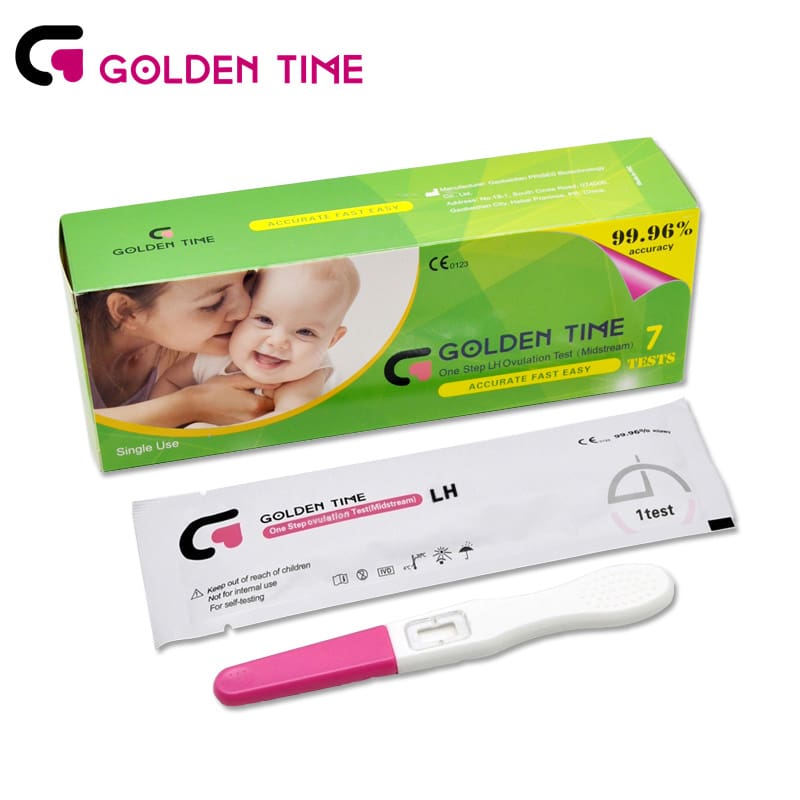Aug . 15, 2024 12:07 Back to list
Find Reliable Suppliers for Quick Hepatitis C Testing Kits at Affordable Prices
The Importance of Rapid Hepatitis C Testing and How to Choose a Supplier
Hepatitis C is a viral infection that primarily affects the liver, leading to severe liver damage, liver cancer, and even death if left untreated. As the global community becomes more aware of the epidemic caused by this silent virus, the demand for rapid and efficient testing methods has surged. Rapid Hepatitis C tests provide a swift and convenient way for individuals to learn about their infection status, which is crucial for early diagnosis and treatment. In this article, we will explore the significance of these tests and what to consider when choosing a supplier.
Understanding Rapid Hepatitis C Testing
Rapid Hepatitis C tests are designed to detect antibodies to the hepatitis C virus (HCV) or the virus itself in a matter of minutes to hours, compared to traditional testing methods that could take days. These tests are often conducted using blood samples or oral fluids, making them less invasive and more accessible for patients. The convenience of rapid testing can also help increase the rates of awareness and diagnosis of hepatitis C.
Early detection is vital for effective treatment. If identified early, hepatitis C can often be cured with antiviral medications, preventing the long-term complications associated with the disease. Therefore, having a reliable method to test for hepatitis C readily available is essential not only for individual health but also for public health management.
Choosing the Right Supplier
When it comes to buying rapid hepatitis C tests, selecting the right supplier is critical to ensuring the quality and reliability of the test results. Here are some key factors to consider when choosing a supplier
1. Regulatory Compliance It’s essential to ensure that the supplier’s tests are approved by relevant health authorities, such as the U.S. Food and Drug Administration (FDA) or the European Medicines Agency (EMA). Compliance with local regulations ensures that the tests meet safety and efficacy standards.
buy rapid hepatitis c test supplier

2. Quality Assurance Look for suppliers that adhere to strict quality control measures. This can include ISO certification or other international quality standards. High-quality tests will yield more accurate results, which is crucial for patient care.
3. Product Support and Training A reputable supplier should offer comprehensive support, including training on how to administer the tests and interpret the results. This support can be invaluable for healthcare providers who may be using rapid tests for the first time.
4. Cost Considerations While cost should not be the sole deciding factor, it is important to find a supplier that offers competitive pricing without compromising on quality. Look for bulk purchase discounts or offers if you are purchasing for a healthcare facility.
5. Customer Reviews and Reputation Research the supplier’s reputation in the medical community. Customer reviews, testimonials, and case studies can provide insights into the supplier’s reliability and the effectiveness of their products.
6. Innovation and Technology Consider suppliers that are at the forefront of testing technology. Innovative tests are more likely to yield quicker and more accurate results, which can significantly impact patient outcomes.
Conclusion
The fight against hepatitis C is an ongoing battle that requires both knowledge and tools for effective management. Rapid hepatitis C testing is a critical component of this fight, providing individuals with the knowledge they need to seek treatment early. When choosing a supplier for rapid hepatitis C tests, it is vital to consider aspects such as regulatory compliance, quality assurance, and the support offered. By making informed choices, healthcare providers can contribute to improving diagnosis rates, ultimately leading to better health outcomes for patients impacted by hepatitis C.
-
Dengue NS1 Rapid Diagnostic Test Kit
NewsMar.07,2025
-
Dengue NS1 Rapid Diagnostic Test Kit
NewsMar.07,2025
-
Dengue NS1 Rapid Diagnostic Test Kit
NewsMar.07,2025
-
Transferrin Rapid Test Cassette Tumor Marker TF Card
NewsMar.07,2025
-
Malaria Pf Pan Rapid Diagnostic Test Kit
NewsMar.07,2025
-
malaria pf / pan ag rapid test
NewsMar.07,2025

